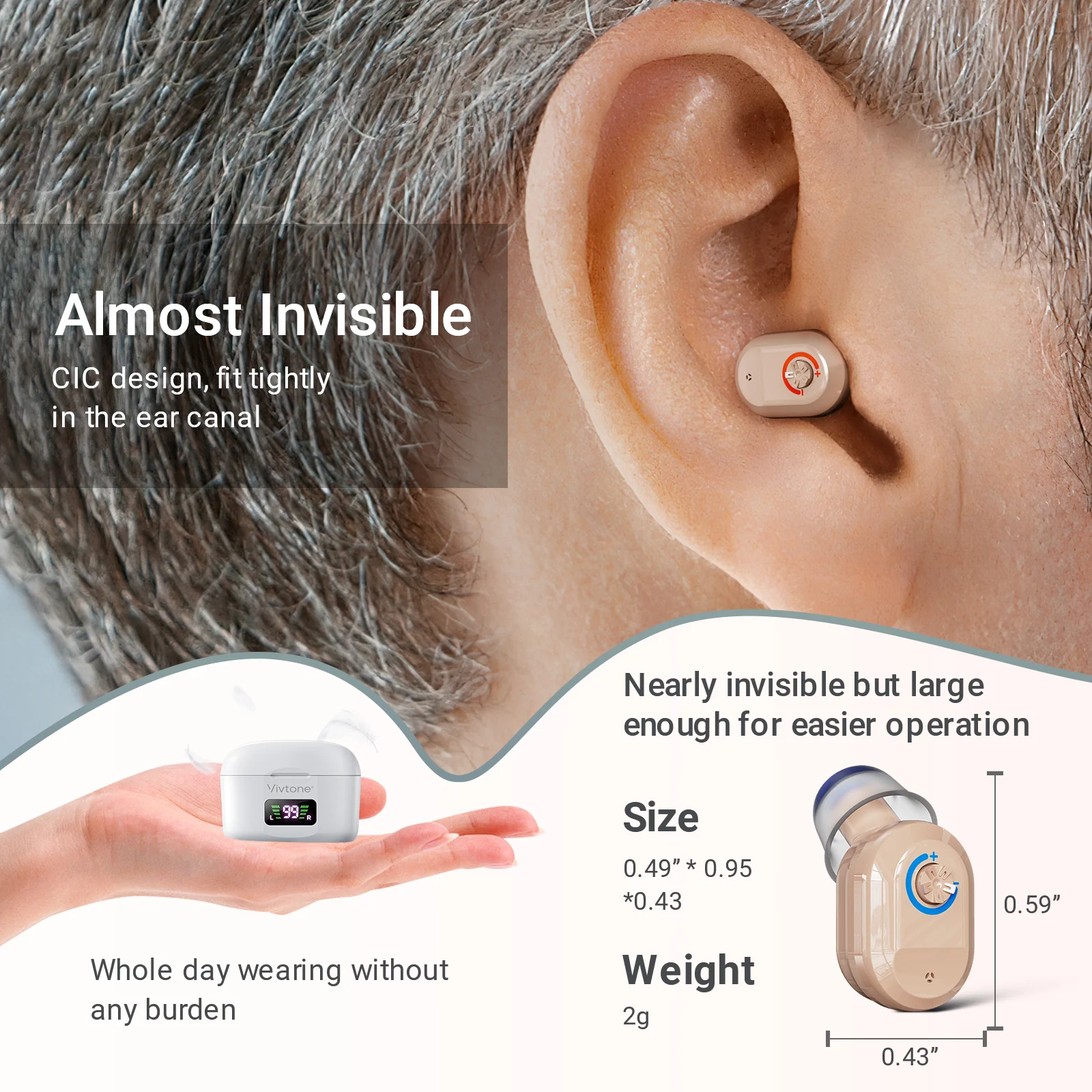Choosing the right over-the-counter (OTC) hearing aid can be a daunting task, especially with the wide variety of options available in the market today. However, with the right knowledge and understanding of your needs, you can make an informed decision that will greatly improve your hearing experience. In this article, we will guide you through the process of selecting the perfect OTC hearing aid for your specific requirements.

Understanding Your Hearing Needs
Before diving into the world of OTC hearing aids, it is crucial to have a clear understanding of your hearing needs. Hearing loss can vary greatly from person to person, and it is important to identify the specific areas where you require assistance. Are you struggling with conversations in noisy environments? Do you have difficulty hearing high-pitched sounds? By pinpointing your specific needs, you can narrow down the features and functionalities that are most important to you.
Evaluating Different Types of OTC Hearing Aids
OTC hearing aids come in various types, each with its own set of advantages and limitations. It is essential to familiarize yourself with these options to make an informed decision. The most common types of OTC hearing aids include:
1. Behind-the-Ear (BTE) Hearing Aids
BTE hearing aids are worn behind the ear and are suitable for individuals with mild to severe hearing loss. They are known for their durability and versatility, as they can accommodate a wide range of hearing needs. BTE hearing aids are also relatively easy to handle and maintain.
2. In-the-Ear (ITE) Hearing Aids
ITE hearing aids are custom-made to fit inside the ear and are suitable for individuals with mild to moderate hearing loss. They are discreet and offer a more natural sound experience. However, their small size may limit the availability of certain features.
3. In-the-Canal (ITC) Hearing Aids
ITC hearing aids are similar to ITE hearing aids but are slightly smaller and fit partially in the ear canal. They are less visible than BTE or ITE hearing aids and are suitable for individuals with mild to moderate hearing loss.
4. Completely-in-Canal (CIC) Hearing Aids
CIC hearing aids are the smallest and most discreet type of hearing aids. They fit entirely inside the ear canal, making them nearly invisible. CIC hearing aids are suitable for individuals with mild to moderate hearing loss but may have limited features due to their small size.
Consider Your Lifestyle and Preferences
When choosing an OTC hearing aid, it is important to consider your lifestyle and personal preferences. Think about the environments you frequently find yourself in and the activities you enjoy. For example, if you are often in noisy environments, you may want to prioritize hearing aids with noise-canceling features. If you lead an active lifestyle, you may prefer hearing aids that are water-resistant or have a long battery life. By aligning your hearing aid with your lifestyle, you can ensure a seamless integration into your daily routine.
Seek Professional Advice
While OTC hearing aids are designed to be accessible without professional assistance, it is still beneficial to seek advice from a hearing healthcare professional. They can help assess your hearing needs, provide recommendations, and guide you through the selection process. Additionally, they can offer valuable insights on proper usage, maintenance, and troubleshooting, ensuring that you get the most out of your OTC hearing aid.
By following these guidelines and considering your specific needs, you can confidently choose the perfect OTC hearing aid for your requirements. Remember, finding the right hearing aid can significantly improve your quality of life and enhance your overall hearing experience.







